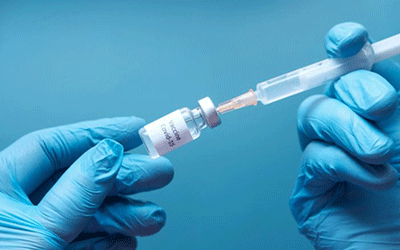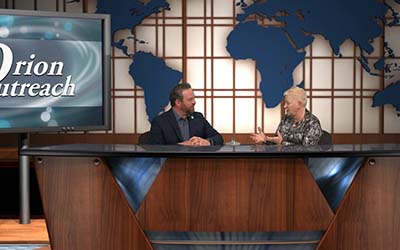FOR IMMEDIATE RELEASE: March 15, 2021
Bob Wheaton, 517-241-2112
LANSING, Mich. – Approximately 810,000 Michigan children whose access to school meals has been affected by the COVID-19 pandemic have begun to receive food assistance benefits.
The Michigan Department of Health and Human Services is automatically issuing the additional benefits now through the end of March. Monthly payments will continue through June.
This is the second time that Michigan has gained federal approval of Pandemic-EBT benefits. Last school year Michigan was the first state to qualify for the federal
During the second round of Pandemic- EBT, children will receive up to $741.6 million in assistance benefits that their families can use to pay for food at stores or online.
“Michigan has been a national leader in making sure families can put food on the table during COVID and this pandemic-EBT will continue to ensure that no child in our state goes hungry during the pandemic,” Gov. Gretchen Whitmer said. “Students are steadily returning to in-person learning because of the progress we’ve made combatting COVID-19, but kids who don’t go to school five days a week have a harder time accessing the free and reduced-price meals available to them at school. Pandemic-EBT closes this gap, giving our children another option for accessing nutritious food.”
Students in grades pre-kindergarten through 12 are eligible if they qualify for free or reduced-price lunches at school and in-person learning is not available at their school or is not available on a full-time basis. Pandemic-EBT will provide another way for students who do not have in-person classes to access food – along with Michigan Department of Education (MDE) programs that provide meals to students at mobile and stationary locations.
Families will receive an estimated $127.53 monthly for each eligible child who has no in-person classes and attends a school that is fully virtual and about $77.06 for each eligible child who attends a school with a hybrid schedule of in-person and remote learning. Monthly benefits will vary based on the number of school days in each month.
Benefits are retroactive to September, with assistance from September through February paid this month. Payments will be paid automatically, so families do not need to apply to receive the assistance. Households that already receive food assistance will receive the Pandemic-EBT payments on their Bridge Cards. Families that do not already receive food assistance will receive Pandemic-EBT cards in the mail that they can use to purchase food.
After Michigan qualified for Pandemic-EBT last school year, new federal rules for approval of Round 2 funding for this school year delayed Michigan’s approval. President Joe Biden’s administration provided increased flexibility that allowed Michigan to be approved.
“Providing families with easy access to the benefits and services they need is a top priority of MDHHS that has become even more vital as all of us deal with the impact of the pandemic,” said MDHHS Director Elizabeth Hertel. “Pandemic-EBT is incredibly important to children and families whose normal school routines – which for many include access to school meals – have been disrupted by COVID-19.”
The food assistance benefits will go to Michigan families with students ages 5-18 who are enrolled in the MDE program for students eligible for free or reduced-price school meals.
“This year has been very challenging for students and their families on many levels,” said State Superintendent Dr. Michael Rice. “In addition to the over 200 million meals provided to students in local schools and mobile and stationary feeding operations across the state, the P-EBT benefits offer an extra and important measure of food security for our families in need during the pandemic.”
Prior to receiving their EBT card, families will receive a letter from MDHHS describing how to use the card, how to set up a PIN and other information about food assistance benefits. The cards can be used much like a debit card for food purchased from Supplemental Nutrition Assistance Program (SNAP) retailers.
Families can find a list of SNAP retailers on the SNAP Retailers website. They also can use their benefits online to purchase food from Amazon, Walmart or Aldi.
More information can be found on the MDHHS Pandemic-EBT webpage. Families that have questions can email MDHHS-PEBT@michigan.gov.
Information around coronavirus outbreak is changing rapidly. The latest information is available at Michigan.gov/Coronavirus and CDC.gov/Coronavirus.


 Severe Weather Week Flyer
Severe Weather Week Flyer




